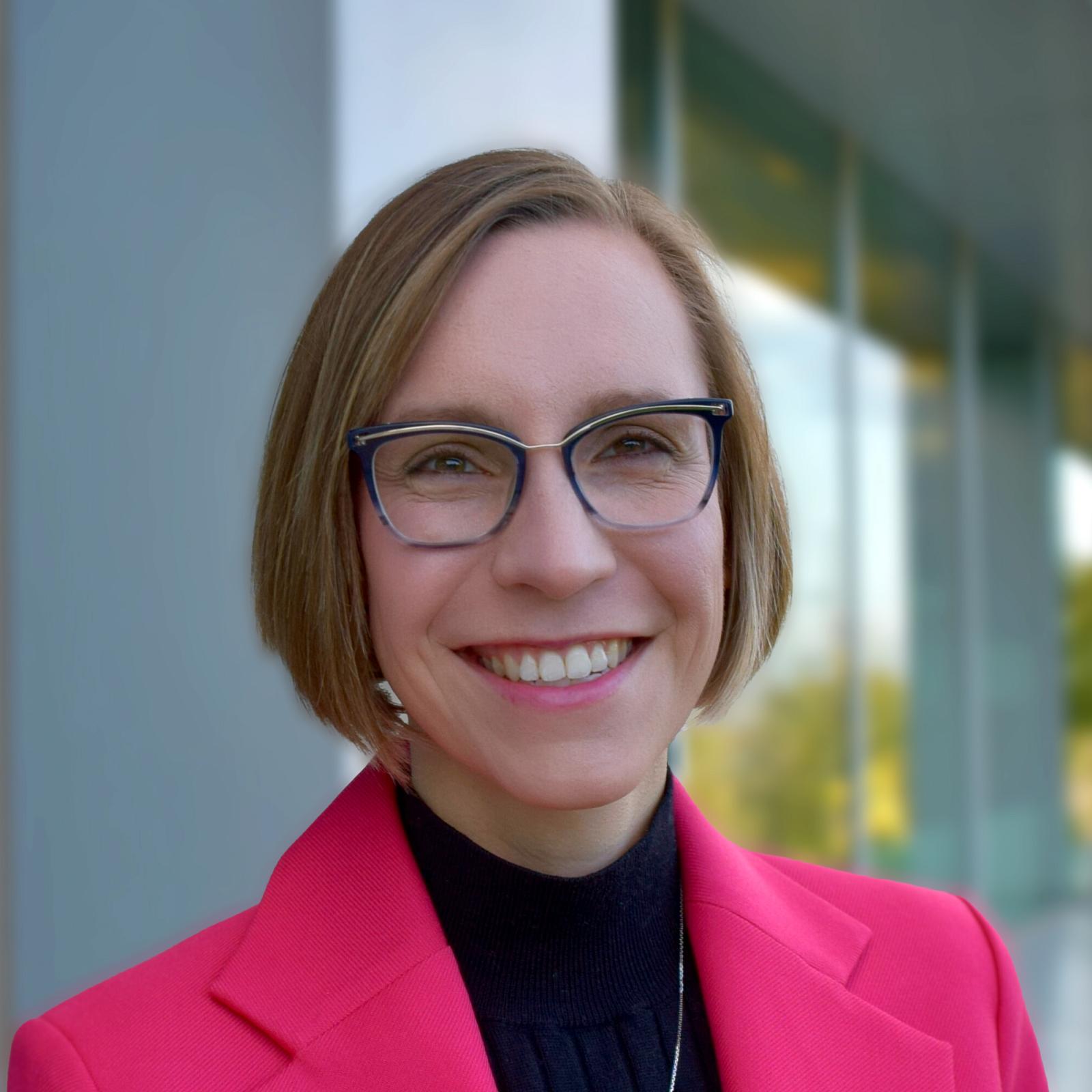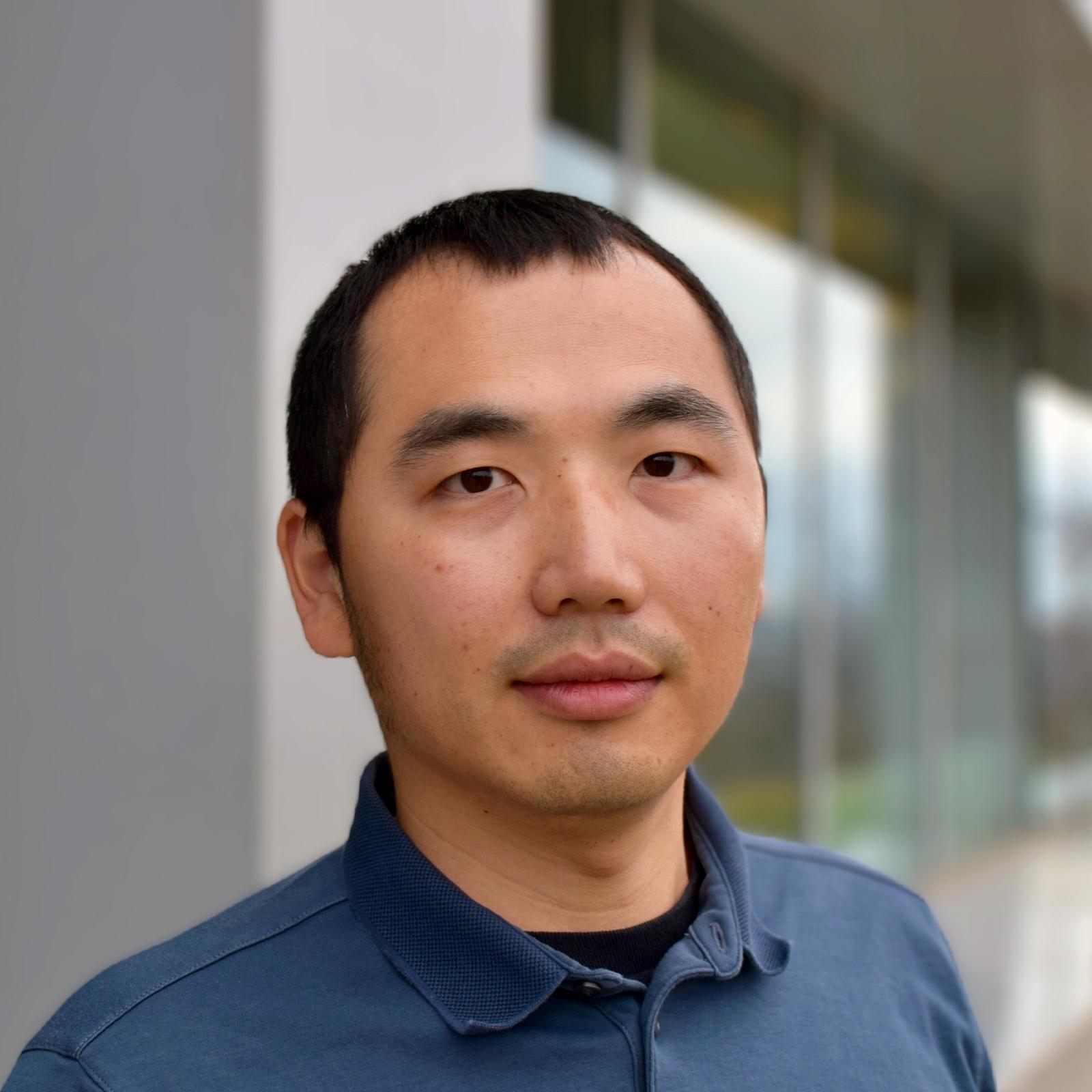
Current Postdoctoral Fellows

Current Postdoctoral Fellows
Dr. Erickson received her PhD from the University of Maryland School of Medicine and completed her dissertation research at the National Cancer Institute. Dr. Erickson has conducted projects related to pesticide exposures and cancer risk, as well as work related to aspirin use and risk of non-small cell lung cancer. Dr. Erickson's current work focuses on projects within the ColoCare study, including related to body composition and gene expression.
Dr. Golden received her PhD in Health Promotion from the University of Nebraska Medical Center. Her scientific focus is broadly described as health promotion with an emphasis on childhood obesity treatment and prevention. She was awarded an American Heart Association Predoctoral Fellowship to examine the factors that increased the likelihood of high implementation quality and effectiveness at the participant level for micropolitan communities engaged in a pediatric weight management intervention. The focus of her postdoctoral work will be in community-engaged, dissemination and implementation science, in the areas of physical activity, healthful eating, and weight control, with an emphasis on reducing health disparities and advancing health equity.
Dr. Ilozumba received her PhD in Epidemiology (Cancer Epidemiology track) from the University of Florida. The goal of Mmadili’s research is to understand the molecular, genetic, and environmental risk factors of cancer etiology and outcomes. Her research also addresses cancer health disparities in racial and ethnic minorities. Dr. Mmadili has conducted several cancer research projects investigating the etiology of several cancer sites including breast, colorectal and prostate cancer and their relationships with risk factors including genetic polymorphisms, obesity (adiposity), environmental exposures, dietary supplements, physical activity, energy intake, gene, and protein expression biomarkers of the mammalian target of rapamycin (mTOR) signaling pathway. Dr. Ilozumba’s current research at Huntsman Cancer Institute focuses on research projects within the ColoCare Study, Total Cancer Care Study, and other consortia (such as FOCUS and MetaboCCC). Specifically, in the ColoCare Study, she will be investigating the associations of molecular, genetic, and environmental risk factors with clinical outcomes such as survival, prognosis, and recurrence as well as cancer health disparities in colorectal cancer patients.
Dr. Jiang received his PhD in Statistics from the University of Texas at Dallas. His research interests include nonparametric curve estimation as well as missing and modified data analysis. Dr. Jiang has also conducted interdisciplinary projects on topological data analysis and geometric deep learning. The current work of his postdoctoral research focuses on the analysis of electronic health records data such as risk prediction, model evaluation, causal inference and dynamic treatment regime.



